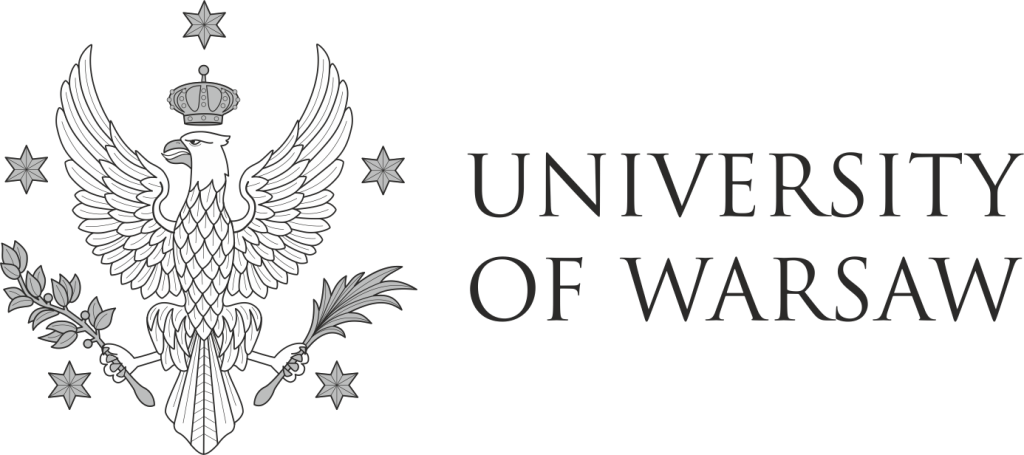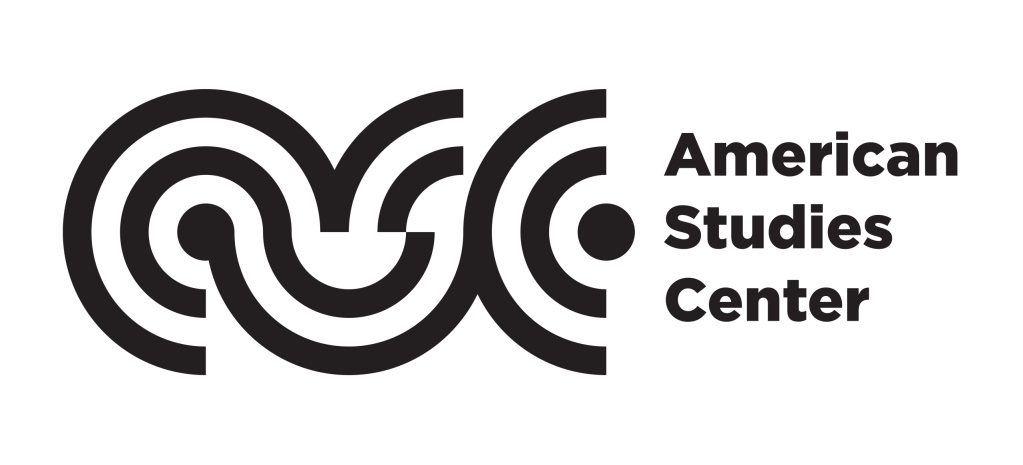Events
Other Futures: Unknown Science Fiction Cinemas
The common assumption is that science fiction film, after it first came into existence in Western Europe, in the work of such directors as France’s Georges Méliès, Denmark’s August Blom, and Weimar Republic’s Fritz Lang, has flourished only in Great Britain and United States, achieving its pinnacle with contemporary blockbuster productions. That assumption is wrong. Not only is the genealogy of science fiction cinema more complicated, but, even more importantly, the genre is now truly global. SF films made outside what we call the Global North offer a stunning range of speculative visions of the future, aesthetic choices, and political messages, all of which differ markedly from what most cinema goers expect from genre productions. The Other Futures: Unknown Science Fiction Cinemas showcases science fiction films by directors from Angola, Mexico, Morocco, Qatar, Rwanda, and Vietnam.
Each screening will be prefaced by an introduction contextualizing the film and followed by a
Q&A with the audience.
May 5, 7:00 pm: Neptune Frost (2021) – introduction and Q&A by Jędrzej Burszta
May 6, 7:00 pm: 2030 (aka NUOC) (2014) – introduction by Paweł Frelik
May 7, 7:00 pm: Serpentário (2019) – introduction by Olga Gajek
May 8, 8:30 pm: Animalia (2025) – introduction by Anna Maria Grzybowska
The series is a cooperation between the American Studies Center, University of Warsaw, and the Museum of Modern Art, Warsaw. More info and ticket sale.
Thursday, May 8, 6:00–7:45 pm @ Turnus Cafe
Weird Methods Workshop
Alison Sperling, Agnieszka Kotwasińska
“Weird Methodologies” is a workshop that aims to weird our relation to text, knowledge, and the various institutions in which we are situated. The session will consider weird reading practices and experimental, collaborative forms of writing/making that imagines “weirdness” beyond its (slippery, incoherent) mode of genre fiction, as a proposed method, a broader approach to engaging culture. How does weird reading relate to close or distant reading, historicism, psychoanalysis, or decolonial methods? In what ways might the weirdness of the contemporary historical moment demand weird ways of writing that refuse or negate normative modes of academic writing, like summary or argument? What is the weird’s relation to knowledge production and to the institution? This workshop welcomes conference participants with existing knowledge of weird fiction/weird studies as well as those exploring the weird for the first time. The program includes communal reading aloud, an activity involving a selection of short passages from weird fiction and weird theory, a series of short individual writing prompts, and a forum of discussion questions prepared for the group. Together, we’ll ask about the value and frustration of embracing epistemological gaps, disordered and atemporal narrative, and alternative approaches to critical thinking that attend to alterity, absence, loss, confusion, and refusal that weirdness arguably engenders. What are the potentialities and limits of such approaches?
No prior reading or preparation is required; all materials will be provided.
The workshop will be conducted in English.
Limit: 20 people.
The workshop will last ca. 105min.
Location: Turnus na Wolskiej cafe
Registration is required. Please contact a.kotwasinska@uw.edu.pl to reserve a place and for more information
Deadline for registration: May 7, 2025 (10pm)
Thursday, May 8, 8:00–9:30 pm @ Turnus Cafe
Goblin Orcestra
David Ashford, Amy Cutler, Francis Gene-Rowe
‘A frightful Hobgoblin stalks throughout Europe.’ (The Communist Manifesto, trans. Helen
Macfarlane)
Through the creations of Tolkien and other visionary weirdos, many goblins of yore have mutated into orcs of 21st century mass-media, while others persist as ghosts, affects, online aesthetics, or (counter)aspirational modes. From the hobgoblins that haunt Renaissance theatre and the early printing press, to the orcs that now thrive in paperbacks, tabletop RPG, video games, and blockbuster cinematic franchises, these creatures from folklore have drawn increasing and uncanny vitality from each generation of entertainment technology.
We three orc and/or goblin poets invite you to come and experience our culture, the poetry and music of the orcish-speaking peoples, as well as of our gribbly companion species and
grungey haunts. Howl! Weep! Spew! Bite! You’ll love us!


